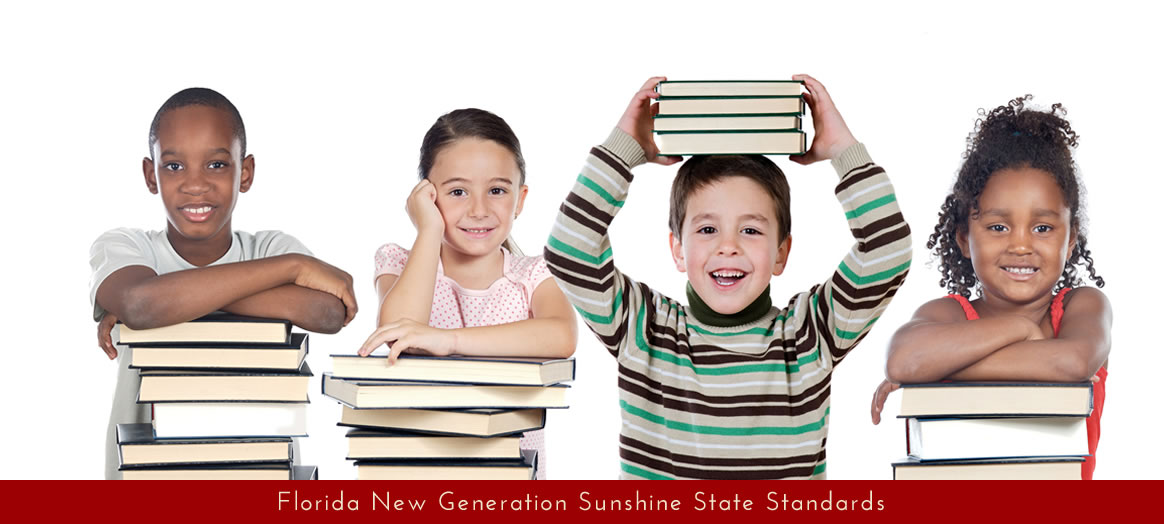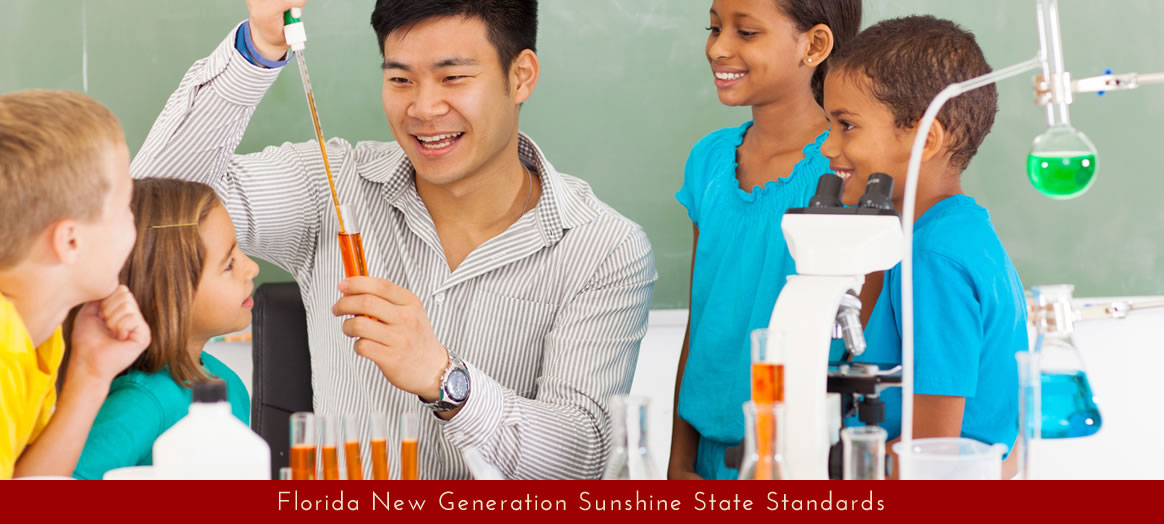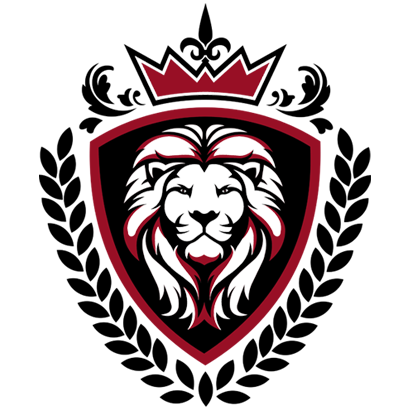Lower Elementary Kindergarten Through 2nd Grade

Learning through Real-Life Experiences
“Our aim is not only to make the child understand, and still less to force him to memorize, but so to touch his imagination as to enthuse him to his innermost core.” – Maria Montessori
South Florida School of Excellence elementary children explore a rich curriculum that integrates subjects through meaningful, real-life projects. Our instructors strive to create a rich environment in which children are free to explore the joys of learning, and in which they can receive the individual attention needed to reach their full potential.
Where many traditional educational systems focus on a median performance level, teaching to the whole and not the individual, the Montessori philosophy strives to help children advance at their own pace, so they are neither bored, nor left behind.
Since class materials are always available, children return to them until lessons are mastered. Students fine-tune their social skills through discussions of dignity, self-respect and conflict resolution.
We promote a peaceful atmosphere, where some children are working alone, while others are in small groups — and it changes throughout the day. While an overall calmness is evident, so, too, is the lively sound of children actively engaged in learning.
Montessori’s Five Great Lessons
South Florida School of Excellence “ Five Great Lessons” allow children to understand the societies of the world and how civilizations have evolved. We study:
- The Story of the Universe
- The Story of Life on Earth
- The Story of Man
- The Story of Numbers
- The Story of Language.
These lessons guide our curriculum in science, culture, geography and history, with children creating their own monthly presentations as a culmination of their learning.

Language Arts Curriculum
Reading, writing, speaking and listening are keystones of our elementary curriculum. As students become fluent readers, they move to comprehension and critical analysis. Students learn advanced writing skills, mastering not only penmanship, but also the craft of excellent writing and research.
Mathematics Curriculum
Our elementary students move away from sensorial materials once they understand how addition, subtraction, multiplication and division operations are performed. Then, they begin to do math on paper, learning fractions, decimals, geometry, money and measurement.
Science and Nature Curriculum
Geology, botany, zoology, weather, anatomy, and astronomy come alive through projects and experiments. For example, after students master botany cards and know the parts of trees and leaves, they visit a park to investigate living specimens.
Children learn scientific methods through hands-on applications and then discuss how and why experiments turn out the way they do.
Geography/Cultural Studies Curriculum
Students begin learning the names of the countries and capitals, and expand to study cultures of the past and present, including customs and traditions. Students study land and water forms, and climate and weather patterns.
Following the Montessori method of starting with large concepts and working to smaller details, students dig deeper into details about the people and customs that populate the geographical regions they’ve been learning about until now.
History Curriculum
Students learn about the past through concrete materials, scientific demonstrations and experiments about how life on earth began and how plants and animals evolved.
Montessori education puts a special emphasis on history as it relates to each student. To facilitate this, students study family history and pursue special family projects, while also learning local and Michigan history.
Practical Life Curriculum
Practical life skills emerge through real-life projects. Students learn about home economics, plan menus with foods grown in the school garden, and do sewing and cooking projects.
They also work with tools and make simple repairs. Parents are vital to this aspect of the curriculum, volunteering their time to help students learn new skills.
Enrichment Courses
Students experience music, art and drama, participate daily in physical education and creative movement, and have opportunities for foreign language lessons.
Technology is integrated into all subjects, with students learning keyboarding, word processing and use of the Internet for research.





 DETERMINATION | INTEGRITY | PRESERVERANCE
DETERMINATION | INTEGRITY | PRESERVERANCE